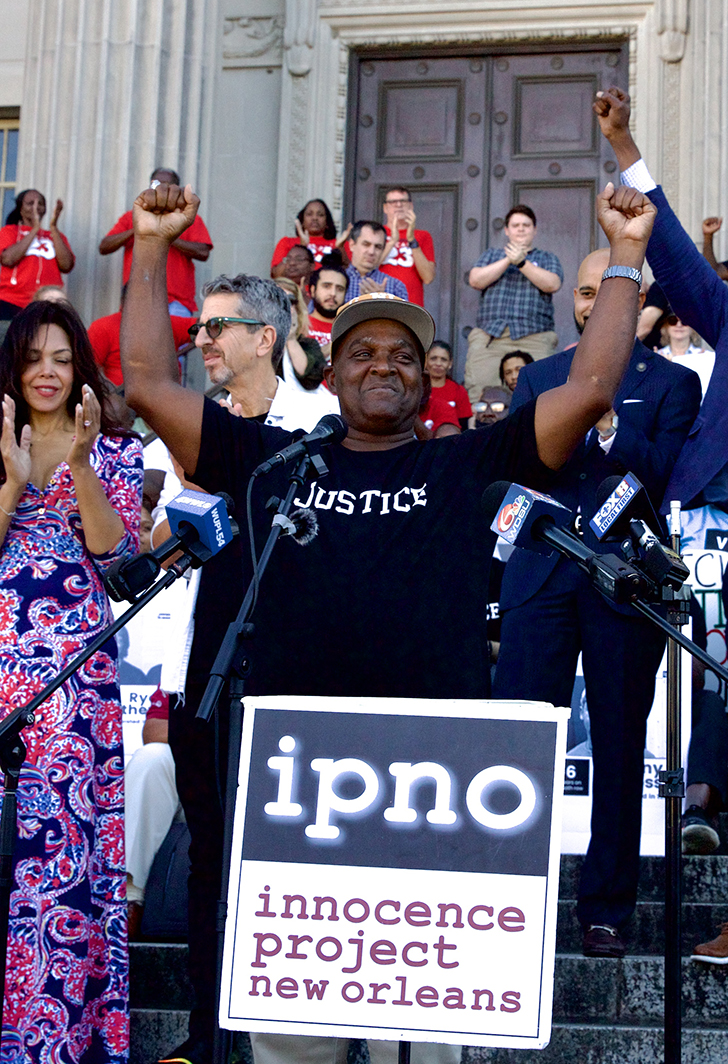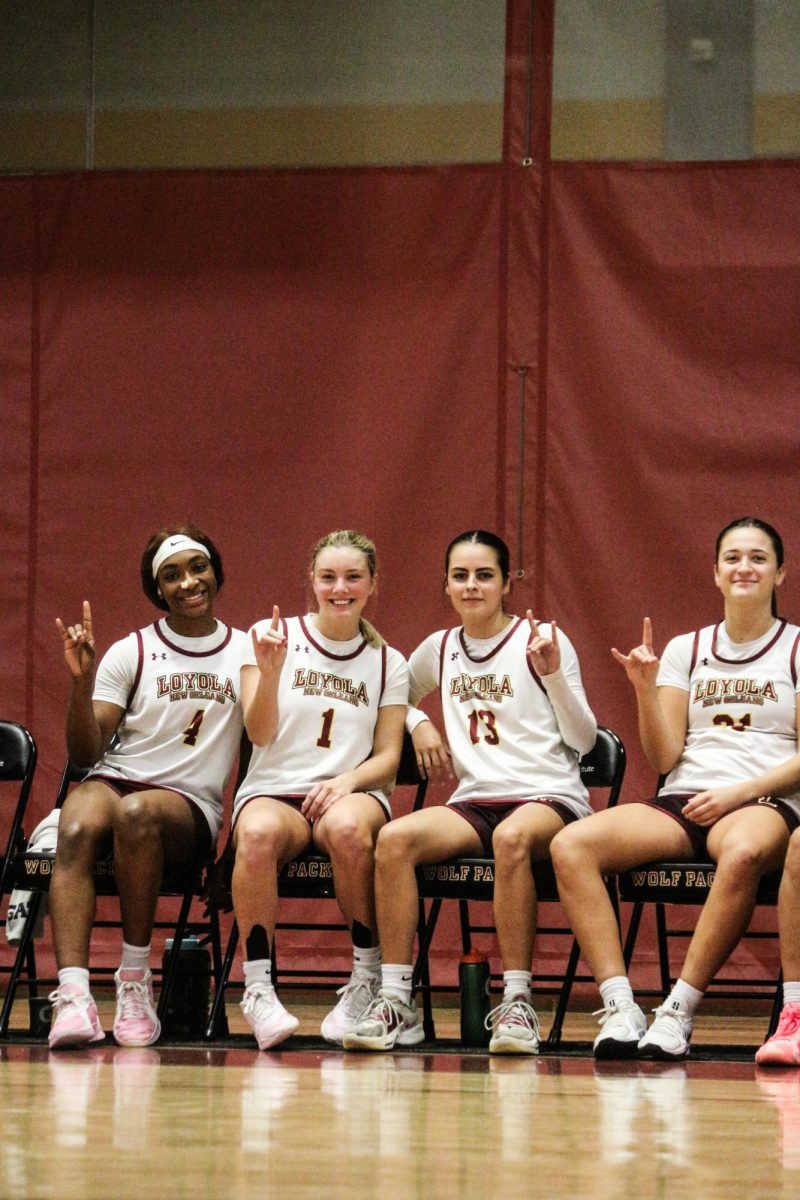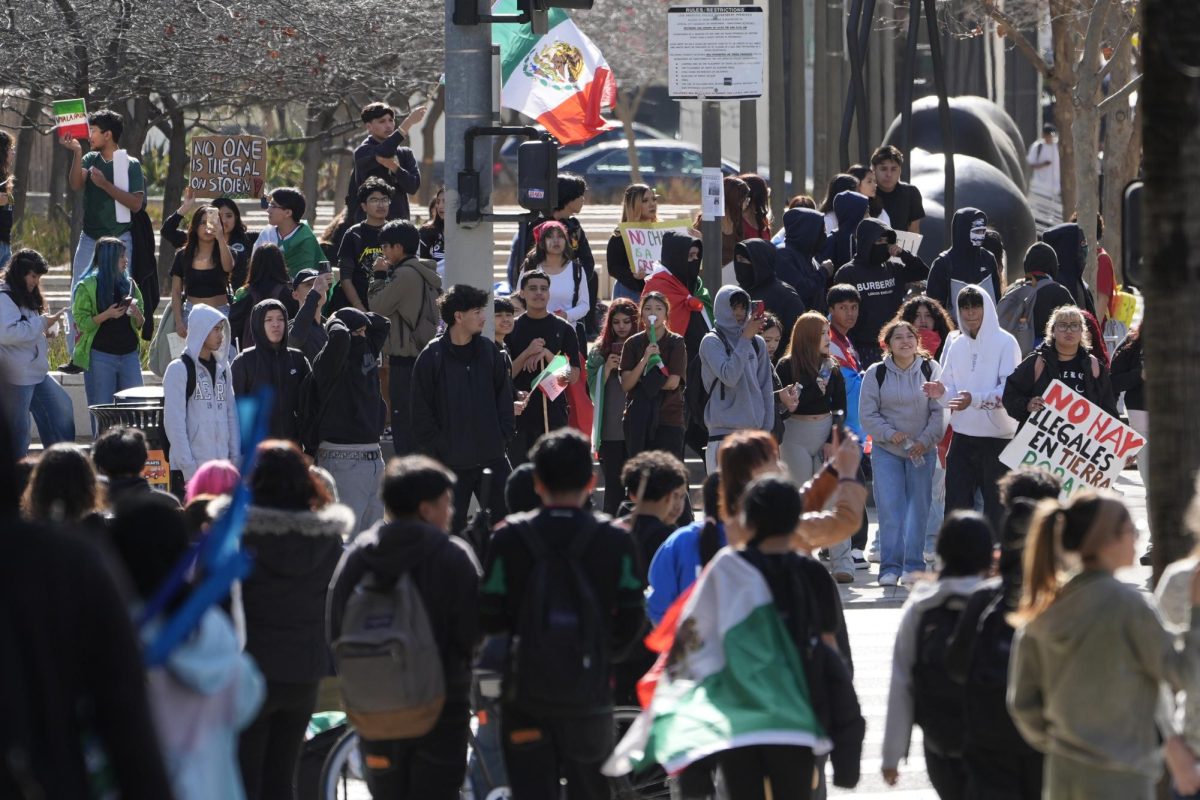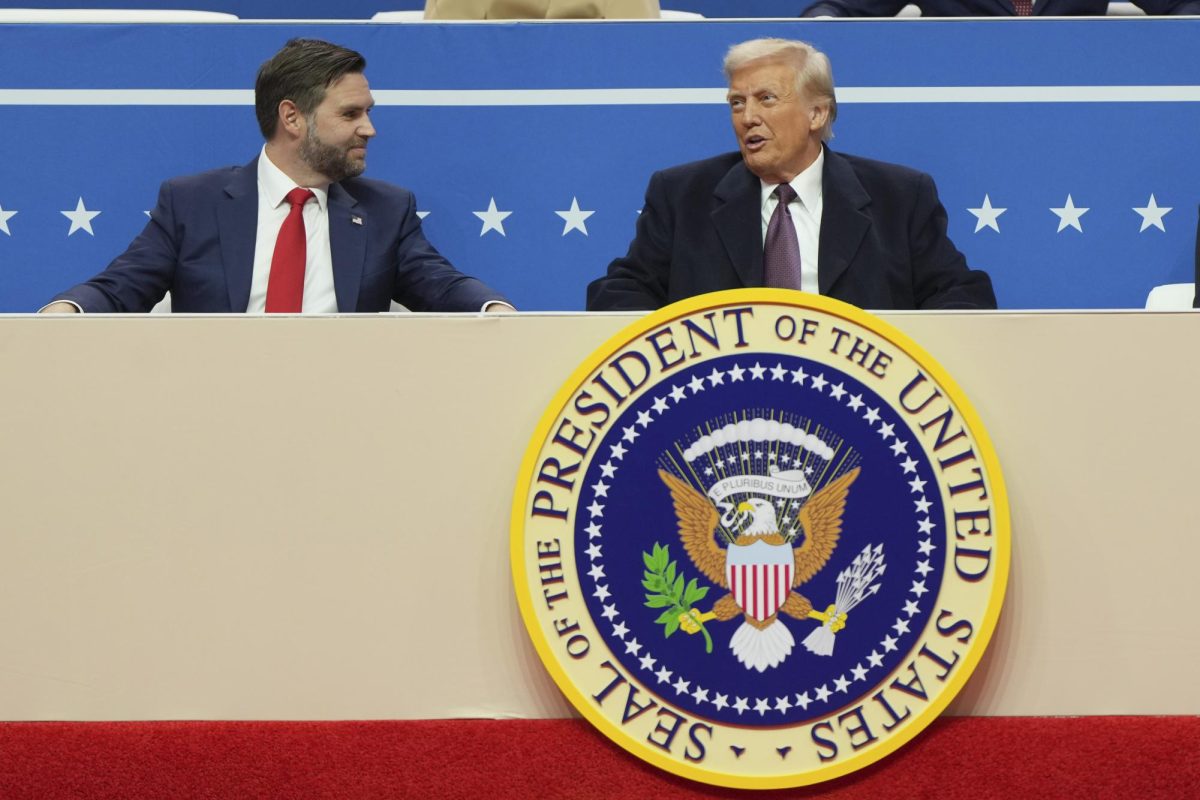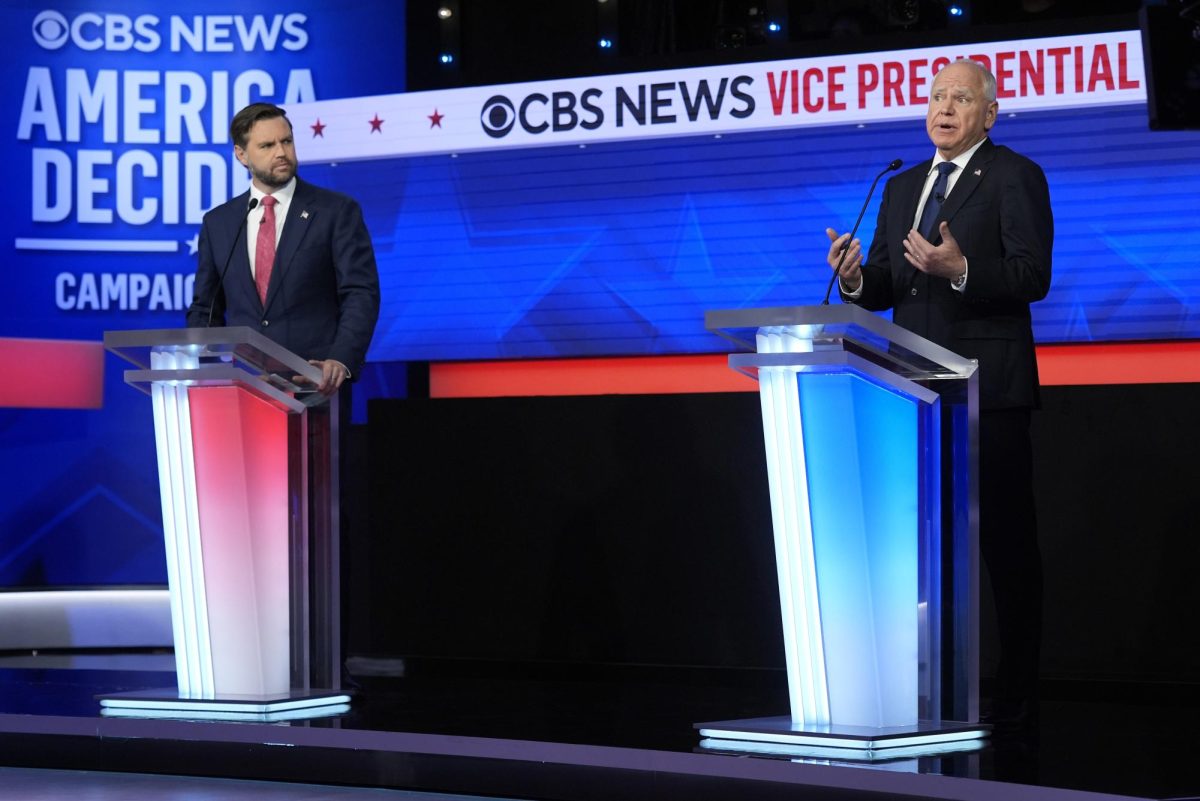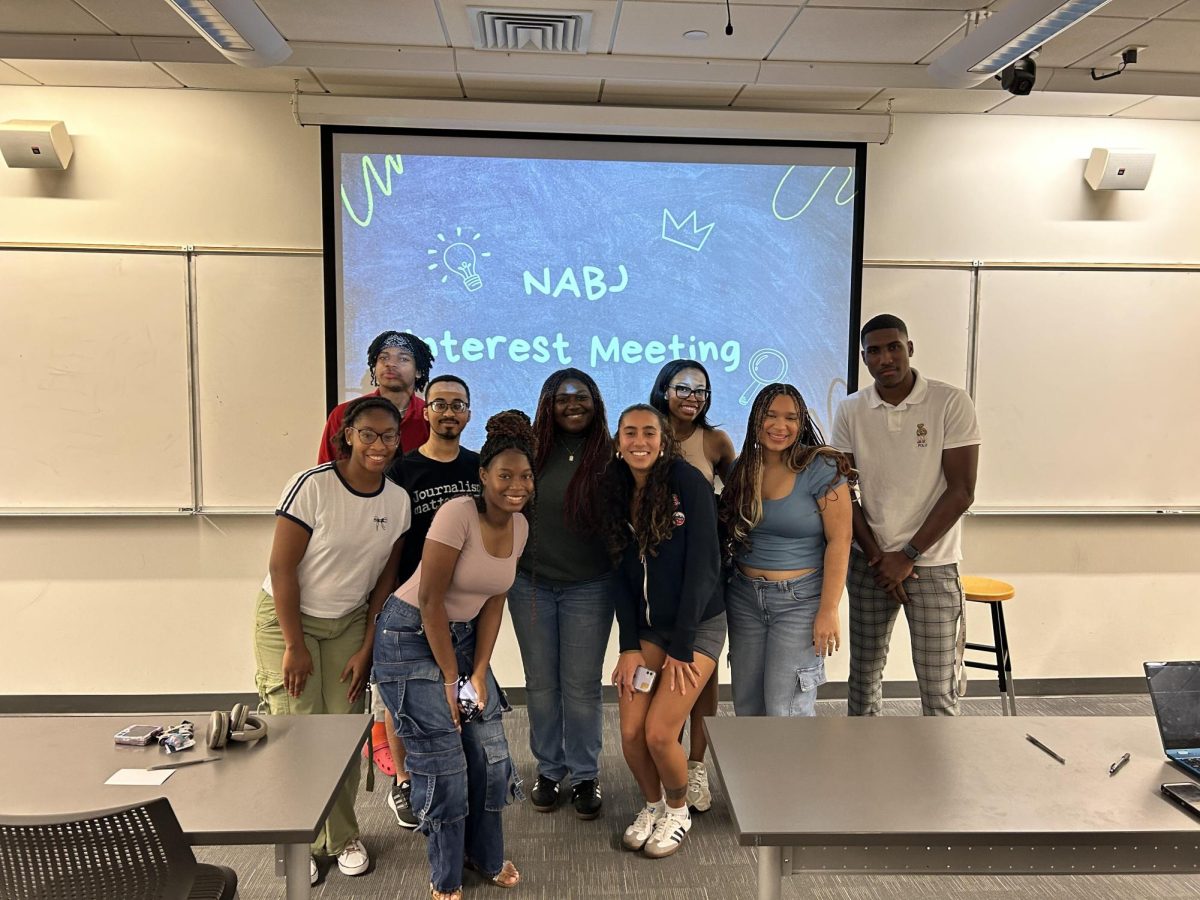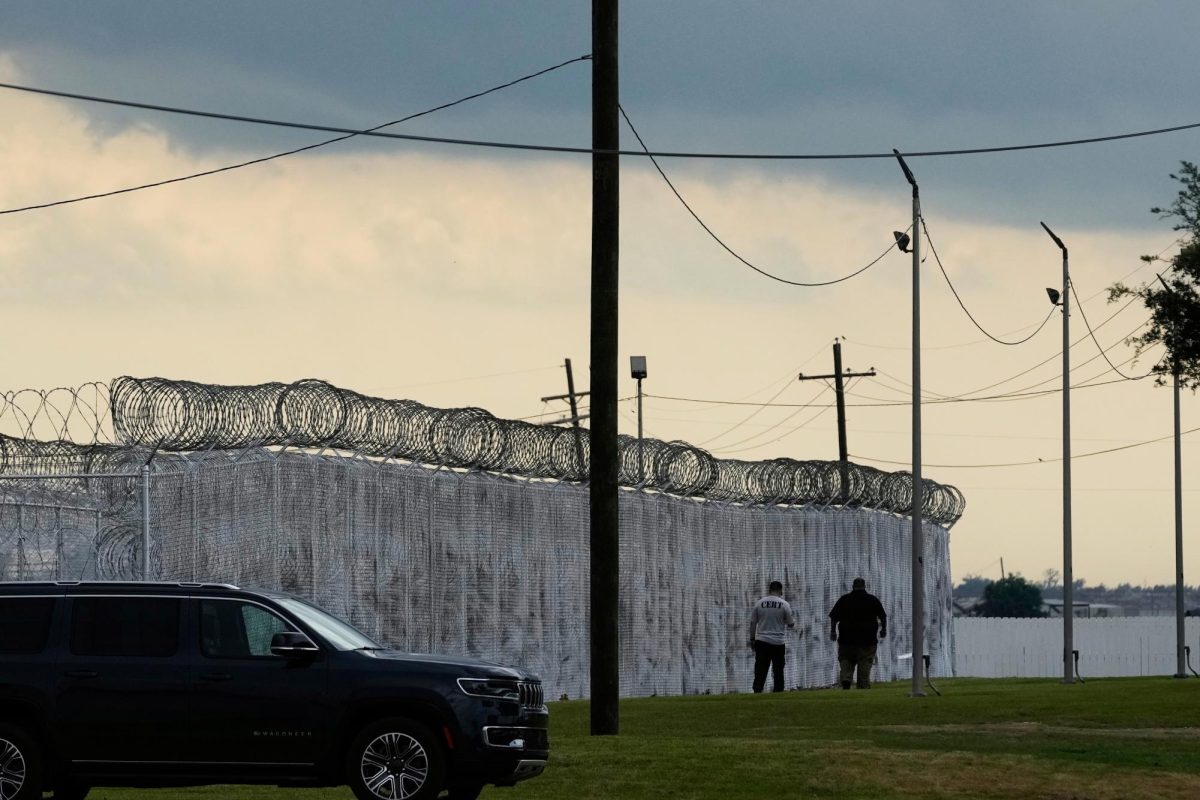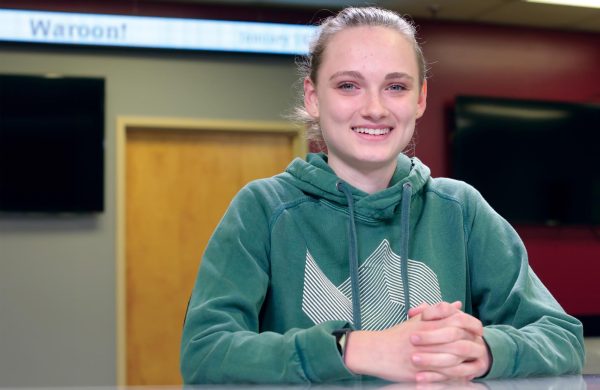“In Louisiana, for every seven executions, there have been three people exonerated,” said Innocence Project New Orleans executive director, Jee Park, at the Rally Against Killing the Innocent that took place in New Orleans on Oct. 2, 2023.
The rally, organized by IPNO, took place to fight against the death penalty due to a system that has a history of wrongfully convicting and executing people who often have not had the chance to receive a fair, honest trial.
“The prosecutor had taken those Black kids and put them around a corner in his office while the trial was going on so they could not testify that I was with them on the night of the murder,” said Sharif Cousin, who was wrongfully convicted of first-degree murder and sentenced to Lousisana’s death row when he was 17 years old.
Cousin was convicted of first-degree murder three weeks after the night of the incident and after a $10,000 reward was announced to whoever could find the murderer.
On the night of the murder, Cousin is on videotape playing basketball with his friends. When his friends went to testify as witnesses for Cousin, the prosecutor had ushered them out of the hallway so Cousin’s lawyer could not find them and bring them into the courtroom.
Two years later, the Supreme Court of Louisiana reversed Cousin’s conviction and ordered a new trial, finding that prosecutors had improperly questioned witnesses and withheld information.
“We have an appeals process. We have a post conviction process. We even have a process in place where you can appeal for wrongful compensation for being wrongfully convicted,” said State Senator Royce Duplessis during the rally.
While Cousin was denied wrongful compensation, he was able to appeal his case and be found innocent, a reversal that many other wrongfully convicted death row inmates do not get.
“How could we not but fail when the Supreme Court legalized death?” said advocate for death penalty abolition Sister Helen Prejean.
The justice system is flawed nationwide, with at least 4% of those sentenced to death later found to be innocent, according to the Innocence Project.
“George Stinny. 14 years old. South Carolina wrongfully accused, wrongfully convicted, wrongfully executed a 14-year-old child. It is a known fact throughout this nation, that we live in a flawed system,” said Duplessis.
In New York City in 1989, Yusef Salaam spent nearly seven years in jail following the infamous Central Park jogger case, where he and four others were found guilty for a crime they did not commit. Former President Donald Trump and other politicians at the time fueled the fire of wrongful conviction, calling for the death penalty to be reinstituted to kill the men, who were only teenagers at the time.
“It’s a system that looks at the color of your skin and deems you guilty for it. When I was 15, 34 years ago, I was run over by the spiked wheels of justice,” said Salaam at the rally.
13 years after the initial conviction, DNA evidence and a confession by the man who committed the crime exonerated Salaam and the others.
“How can you have a system that acknowledges fault but also have finality? Finality in saying we will put someone to death? Those two things can’t coexist,” said Duplessis.
In calling on the people of New Orleans to write letters and advocate to Governor John Bel Edwards to grant clemency to the Louisiana death row, Prejean said, “Of course [the system]’s broken because it’s human. … So it’s going to be up to us to pass the definition of justice.”
Prejean also spoke on the eagerness of politicians to be “tough on crime” throughout the 1980s at the rally.
“We have prosecutors in Louisiana who ran for office bragging about how many death penalties they got.” Prejean said.
Similarly stated by Cousin, when a crime took place, “someone is going down for their crime and someone is going down for their crime fast.”
Politicians and prosecutors adopting the idea of being tougher on rising crime rates urged them to find a person or people guilty quickly, according to Cousin.
Raymond Flanks was arrested in 1983 and falsely charged with first degree murder by a single witness and evidence that later disappeared. Although the prosecutors sought the death penalty, the jury sent him to life in prison.
Flanks was sent to a former plantation at a penitentiary, where he picked cotton, filled sandbags, and washed dishes.
“I did everything that my ancestors did along that journey,” Flanks said.
While serving time, Flanks was able to receive a theology degree and minister to men who were on death row.
38 years later, Flanks was found innocent through the work of IPNO and attorney Richard Davis. On Nov. 17, 2022, Flanks walked out of the New Orleans courthouse a free man.
There are currently 56 prisoners on death row in the state of Louisiana. During the rally, he spoke of those who are still on death row today. He questioned if it would be worth it to kill 60 prisoners if only one of them were innocent.
In quoting Bryan Stevenson, executive director of the Equal Justice Initiative, Duplessis said, “just because a person may deserve death, it doesn’t give the state the right to kill me. There’s a big difference between those two.”


